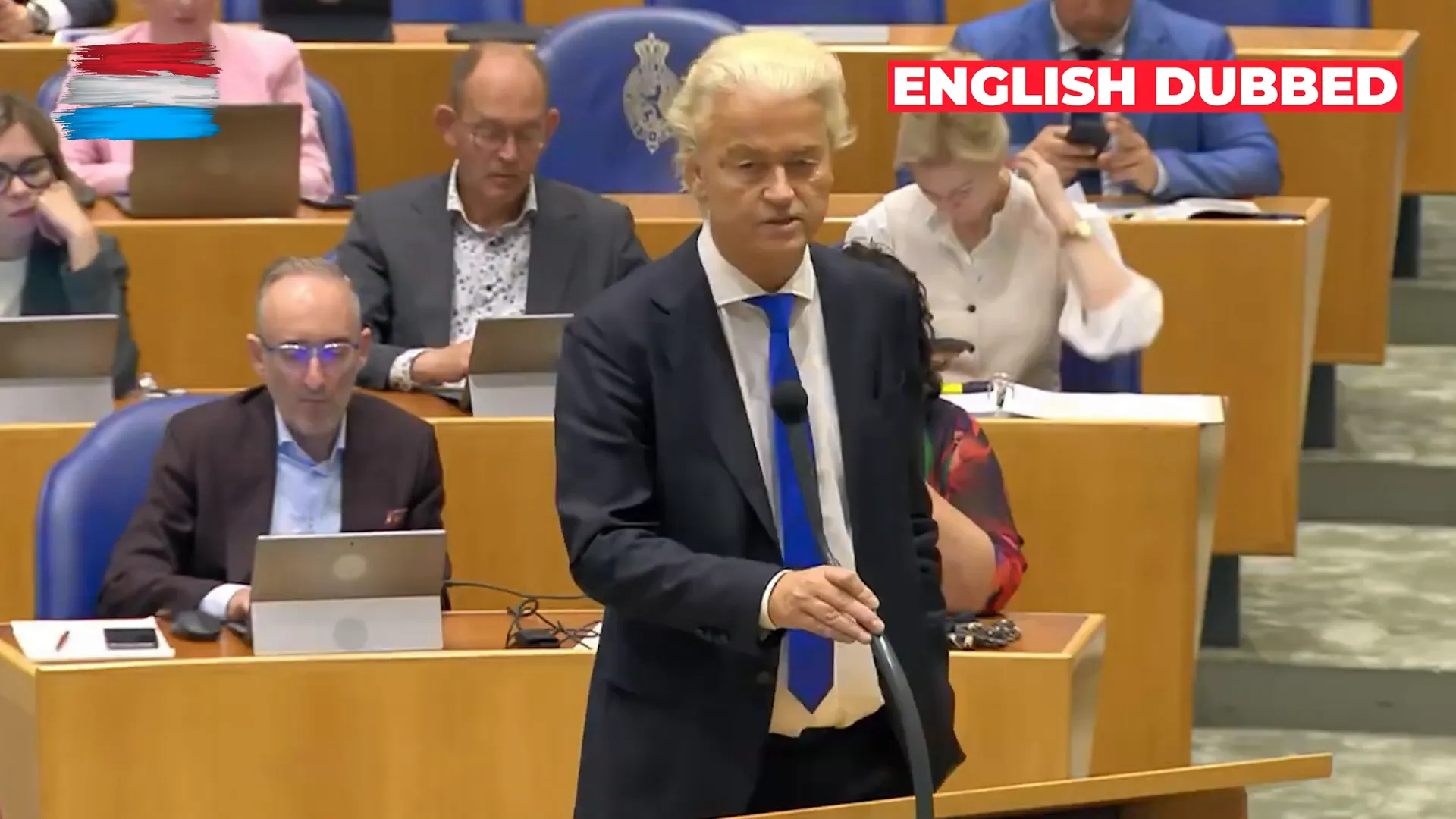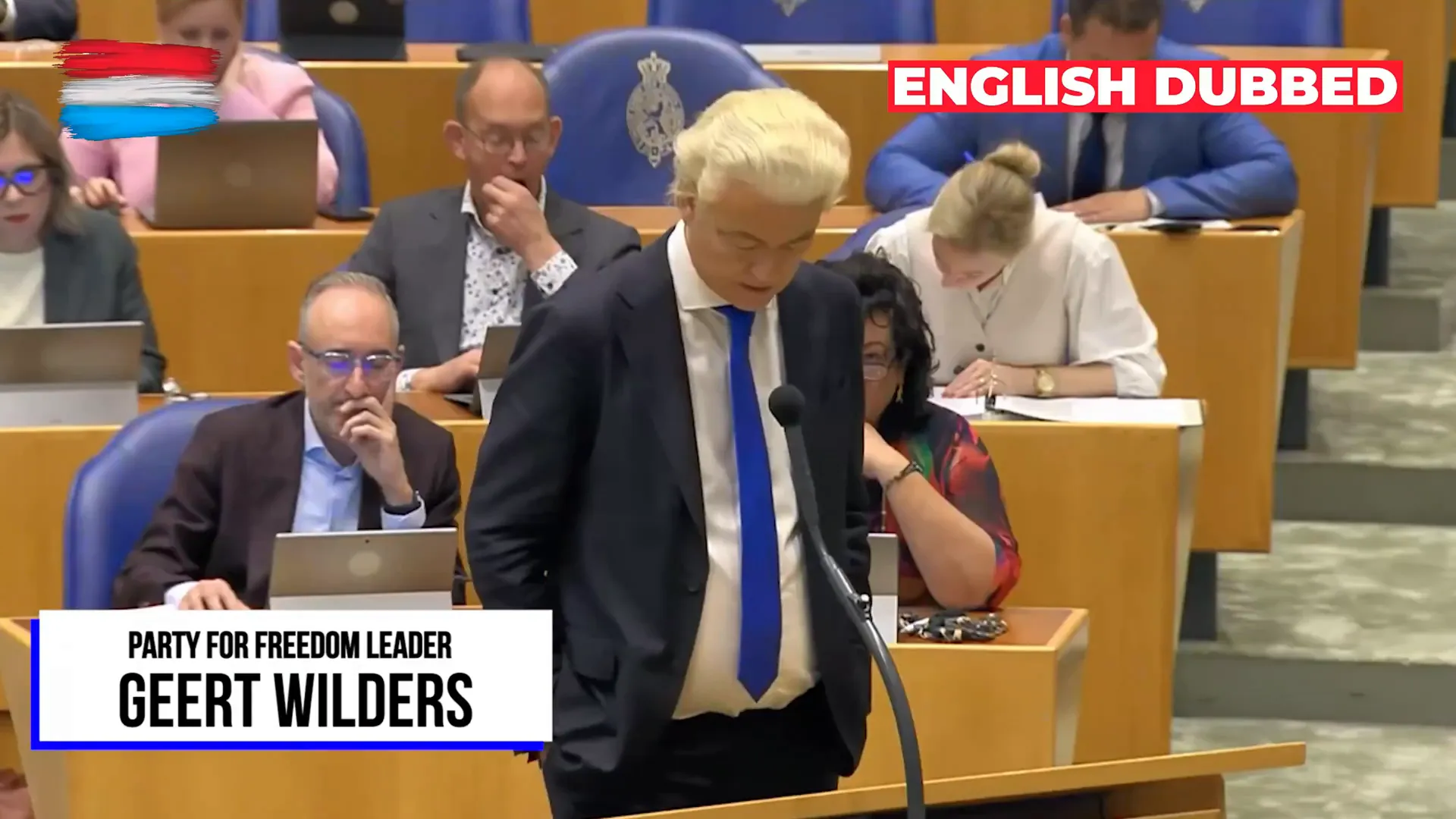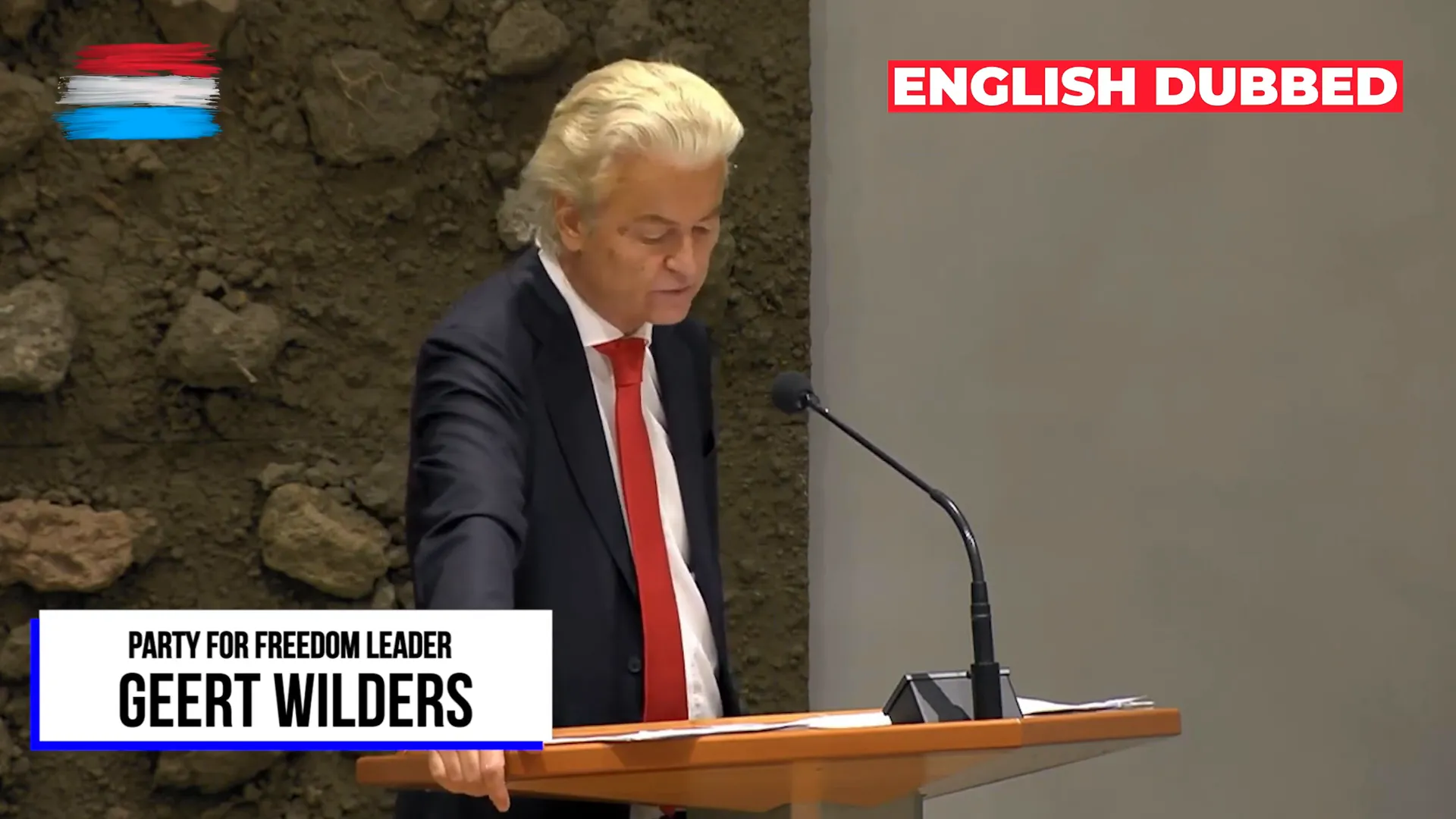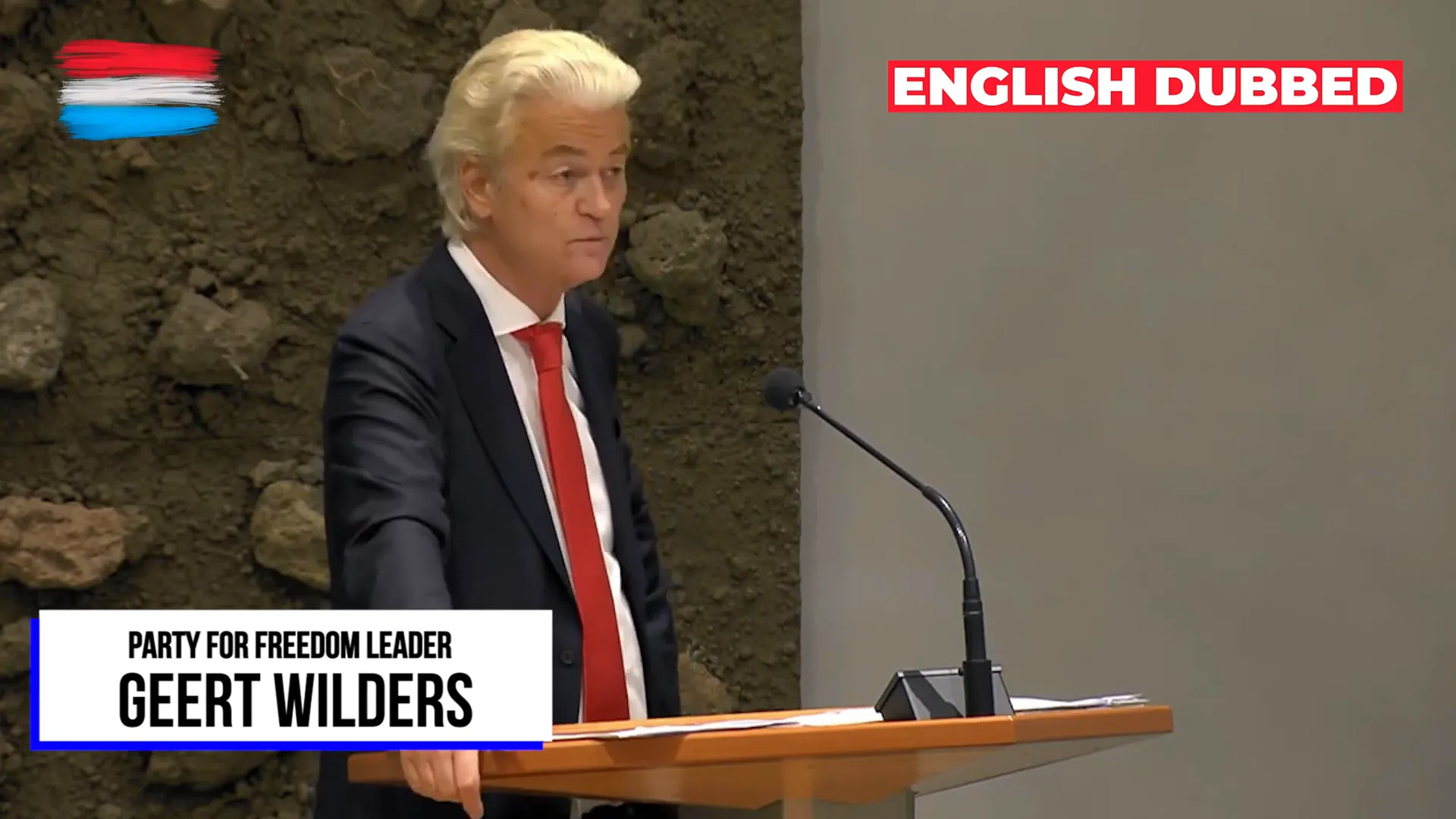Lately the political scene in the Netherlands has seen a growing push for reclaiming autonomy. This push is fueled by worries about EU regulations and their impact on Dutch decision making. Geert Wilders Party for Freedom has risen as a prominent advocate for a departure from the European Unions regulatory framework. This blog delves into the debates surrounding this issue focusing on topics like immigration, crime rates and the broader consequences for Dutch society.
The Push for Sovereignty
Geert Wilders has stated that restoring sovereignty is a key focus, for the Netherlands. He points out that the existing EU rules impede the countries capacity to self govern efficiently. The push, for an exemption isn’t merely a move; it signifies a rising sentiment among the Dutch people who believe their opinions are overlooked in the larger EU framework.
The Coalition for Change
Wilders’ proposal for an opt out has gained support, from political parties. Four parties have come together in this push showing a shared wish to free themselves from the EU’s influence. The urgency of this movement is emphasized by the belief that the Netherlands should distance itself from EU rules as possible for its governance.
Prime Minister Dick Schoof recognizes this feeling expressing that although the process is intricate the government is striving to gain backing from EU countries like Hungary that have goals. This alliance mirrors a trend, among nations seeking freedom amid EU rule.
Migration and Its Impact on Crime Statistics
A highly debated topic, in the sovereignty discussion is the impact of migration. Wilders shares concerning data that underscores the link between migration and criminal activity in the Netherlands. He argues that a notable share of offenses is carried out by people with backgrounds leading to demands for tougher immigration regulations.
Wilders points out that over 50% of crime suspects in the Netherlands have a background. He also highlights that two thirds of those detained belong to this group. This information prompts discussions on the impact of existing immigration policies and the potential for changes.
The Statistics Speak Volumes
The data shared by Wilders is striking. He highlights that,
- 66% of pickpocketing cases are attributed to non-Western immigrants.
- 60% of street robberies are committed by non-Western immigrants.
- 40% of drug offenses involve non-Western immigrants.
- 39% of all violent crimes are perpetrated by non-Western immigrants.
- Almost half of the prison population in the Netherlands consists of individuals of non-Western ethnicity.
These statistics support the case, for a tougher stance on immigration and crime prevention aligning with the growing public focus on safety and security.
Long-term Solutions and Political Implications
Although the data may show a strong argument, for action both Wilders and Schoof understand that the journey to restoring sovereignty and reshaping immigration policies is intricate and demands a plan. The government focuses on addressing issues while also looking for backing for more comprehensive reforms under the EU umbrella.
Wilders emphasizes the need to keep discussing migration and its impact. He argues that tackling these topics is essential, for upholding safety and making sure that the Dutch people feel at home in their nation.
Public Sentiment and the Call for Action
There is a growing recognition among the public about the connection, between migration and crime. According to Wilders individuals witness the effects of these statistics in their daily lives in their neighborhoods and on the streets. This awareness has sparked an increasing call, for political intervention.
In this situation the Freedom Party’s message strikes a chord, with citizens who believe that their issues are legitimate and should be addressed. Wilders outspoken position on these topics has made him a voice for peoples frustrations and hopes for a safer, more independent Netherlands.
Conclusion: The Future of Dutch Sovereignty
The discussion about the Netherlands’ independence and the desire to opt out of the EU reflects a larger battle, for self governance and national identity. With the Party for Freedom pushing for these changes the impact on Dutch society is significant. The interplay of migration, crime and national policies is set to influence the Netherlands, future.
In the end the effectiveness of this movement hinges on fostering conversations garnering backing from nations aligning with its goals and enacting policies that resonate with the peoples desires while prioritizing the well being and protection of all citizens.
As discussions progress it’s important for people to remain updated and involved in conversations since they play a role, in determining the nations future.
If you found this conversation thought provoking think about sharing your opinions and getting involved in the discussion. Your perspective plays a role, in influencing the future of Dutch independence.
